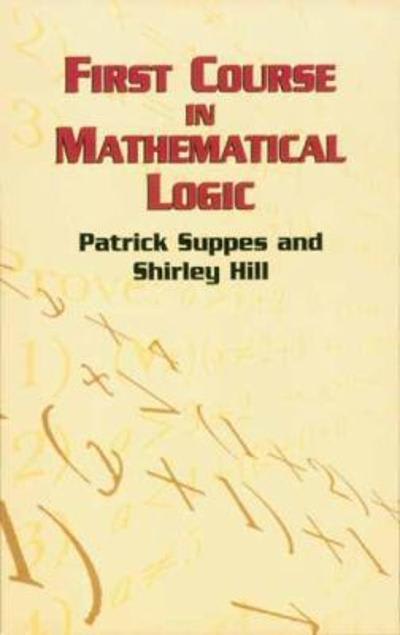Question
Let the problem: max/min f (x, y) constrained to x 2 + y 2 1, x 2 + y - 1 0 x + y
Let the problem:
max/min f (x, y)
constrained to
x2 + y2 1,
x2 + y - 1 0
x + y -1.
where f is a differentiable and concave function on R (real numbers) and X is the set of feasible solutions of the problem.
(a) Reasonably explain whether the following assumptions are true or false:
If z X and f(z)=0, then f reaches a maximum in z with respect to X.
If zX and f(z)0, it is certain that z is not an optimal solution of f with respect to X.
The minimum of f in X can be reached at a point on the boundary that is not a vertex.
(b) Let f(x,y) = 2x + 2y - (x+y)2
Do points (1,0) and (0,1) satisfy the Kuhn-Tucker conditions? Are optimal solutions? Are they unique?
Does the point (0,1) satisfy the Kuhn-Tucker conditions? What can be concluded about this point?
Step by Step Solution
There are 3 Steps involved in it
Step: 1

Get Instant Access to Expert-Tailored Solutions
See step-by-step solutions with expert insights and AI powered tools for academic success
Step: 2

Step: 3

Ace Your Homework with AI
Get the answers you need in no time with our AI-driven, step-by-step assistance
Get Started


